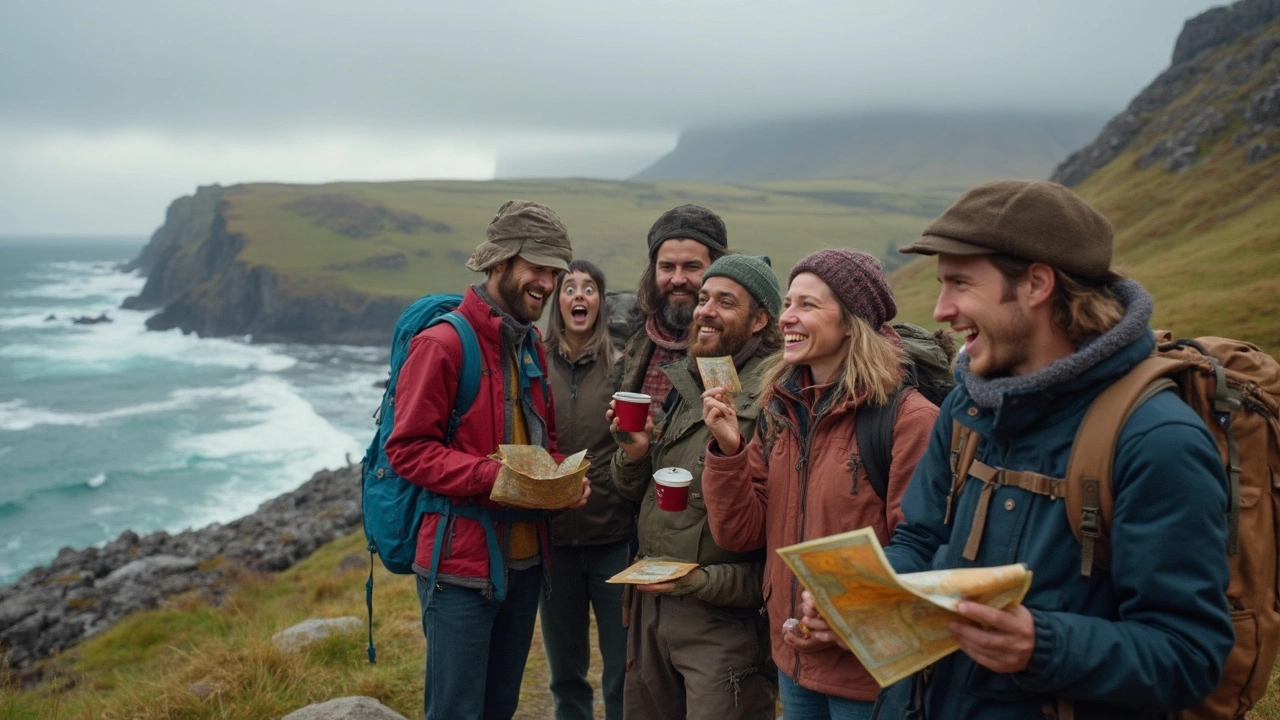Adventure Mindset: How to Stay Curious and Bold on Every Trip
Travel feels exciting when you see it as a chance to try something new, not just a break from routine. An adventure mindset is the mental toolkit that helps you turn ordinary days into stories you’ll want to tell. It’s less about extreme sports and more about staying open, flexible, and ready to learn.
What an Adventure Mindset Looks Like
First, you treat every destination as a classroom. Instead of checking off a list of landmarks, you ask questions: Who lives here? What’s the local joke? When you spot a small café, you wonder what the regulars order. This curiosity pushes you to wander off the beaten path and discover hidden gems like a quiet village pub or a mural in a side street.
Second, you accept uncertainty as part of the plan. A delayed train or a closed museum isn’t a failure; it’s a signal to try something else. When a bus route changes, you could use the extra time to explore a park you’ve never seen. That shift in attitude keeps stress low and creates room for spontaneous fun.
Third, you balance risk and safety. Adventure doesn’t mean reckless. You check weather forecasts, carry a basic first‑aid kit, and keep a backup route in mind. Knowing the limits of your comfort zone lets you push a little further without ending up in a trouble spot.
Practical Steps to Build Your Adventure Mindset
Start with a small challenge before the trip. Try a new hobby, like short hikes or cooking a foreign dish, to get used to stepping out of routine. When you’re comfortable with minor changes, bigger travel decisions feel less intimidating.
Pack light, but pack smart. A versatile backpack, a reusable water bottle, and a simple phone charger give you freedom to move. Less weight means you’re more willing to walk instead of taking a taxi, which often leads to unexpected discoveries.
Set a “yes” rule for one activity each day. It could be joining a local tour, tasting a street food you’ve never heard of, or staying an extra hour at a viewpoint. By committing to one new experience, you guarantee variety without overwhelming yourself.
Use travel hacks to keep costs low, so money worries don’t kill the adventure vibe. Book transport during off‑peak hours, use regional rail passes, or look for last‑minute deals on budget airlines. When the price is right, you free up budget for experiences rather than just accommodation.
Keep a simple journal. Jot down the name of a quirky shop, a conversation snippet, or a feeling you had at sunrise. Writing it down reinforces the memory and motivates you to seek more moments worth recording.
Finally, share your mindset with others. Invite a friend to a weekend getaway and set a joint adventure goal, like finding the best hill‑top view within a 30‑mile radius. Collaboration adds accountability and doubles the fun.
Adopting an adventure mindset doesn’t happen overnight, but each small habit builds a habit loop that makes travel feel alive. Start with curiosity, welcome surprise, and balance risk with preparation – you’ll notice a shift from “just a trip” to “an adventure you shape.”

What Makes an Adventure Traveller: The Key Traits and Tips
What really sets adventure travellers apart from everyone else? This article cuts through the hype, digging into the traits, habits, and choices that define people who crave the unexpected on their holidays. You'll get practical tips on gearing up for your own adventure, learn what separates a tourist from a true explorer, and discover some wild facts about how the spirit of adventure is changing. If you've ever thought about breaking out of the usual routine, this is the guide that actually tells you how.
Apr 27 2025
Menu